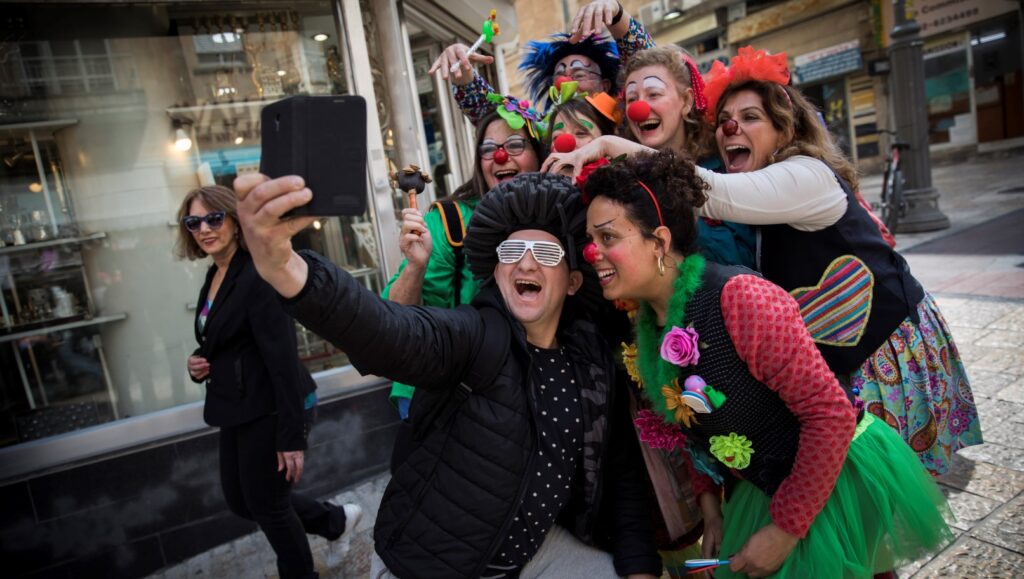Ah Purim. There is nothing quite like seeing the most respectable members of your community dressed up like ninjas and pirates.

But why? I understand having a fun thing for kids to do to get them excited for the holiday, but why are Torah scholars, who work so hard to have a dignified presentation the rest of the year, suddenly donning googly eyed glasses?
The Megilas Esther, the scroll that details the story of Purim, is noteworthy for being the only book of the Hebrew Bible to not contain the name of God. The Megillah is not a list of mitzvos or a book of psalms or a recitation of prophecies. On the surface, it’s just a historical story that happens to tell a very gripping tale about our ancestors.
It’s a wonder that it’s even in the Bible. Our Sages specifically avoided canonizing many historical works and reserved the Bible for works of religious significance. So what actually is the religious significance here?
When you read through the story the first time, many of the events seem random and disconnected.1 A king executes his queen after a wild party. Mordecai catches some assassins. Haman builds a gallows for his enemy.
But when you read the story the second time through (perhaps a reason we hear the Megillah twice on Purim), and now you know how things are going to turn out: all those seemingly random plot points are revealed to be setting up the final salvation. The king had to get rid of his previous wife so he could have a reason to marry Esther. Mordecai had to stop those assassins so the king would remember him for the good at just the right time. Haman built those gallows so there could be a convenient place to hang Haman himself when his treachery was exposed.
The whole story is a series of coincidences that are so coincidental that it’s hard to believe that they are coincidences at all. As if everything that happens was really set up by a Greater Hand…2
Just that that Hand
is hiding behind a mask.
If you just look at the mask, it looks like a random mundane world where things just kind of happen.
But if you think deeper about what is moving the mask. That there might be someone entirely different behind it, acting out a part for some greater purpose, then you have gotten the real message of Purim.
Because Purim is not just a silly party for kids. It’s a message for all of us about our own lives. How we look at the events around us all the time. And how we often forget that we are just looking at the mask.
Shabbat Shalom and Freiliken Purim,
Rabbi A and the JET Team
1 In fact, the word “Purim” itself even means “lots,” a reference to the lots Haman threw to randomly determine the date he would attempt to kill all the Jews.
2The Vilna Gaon says that every time the Megillah mentions “the king,” it is actually a hidden allusion to the King of Kings.

